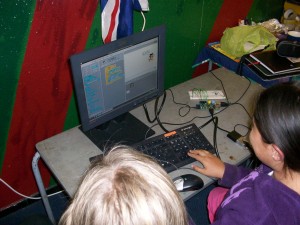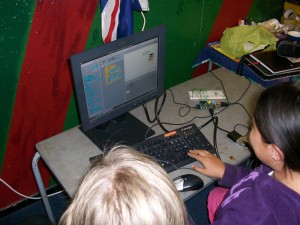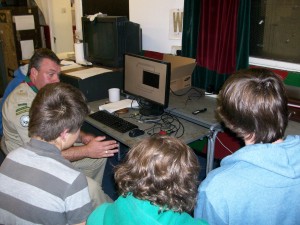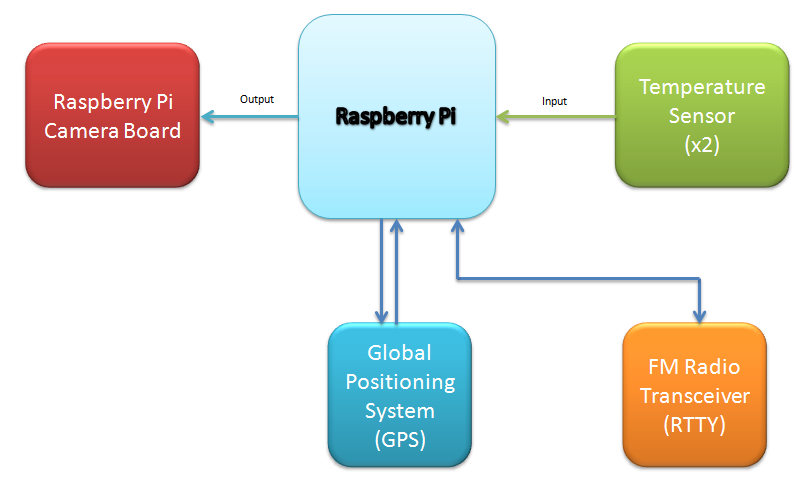Aldershot VE Day Parade 70
VE Day Parade

News articles from our old website.

Aldershot VE Day Parade 70
UP UNTIL DECEMBER 2014 WE ATTENDED THE YOUTH SERVICE ST ANDREW’S CHURCH
THE YOUTH SERVICE IS VERY MUCH PART OF SCOUTING. IT BRINGS THE YOUTH GROUPS OF THE AREA TOGETHER AND HELPS GIVE US AN IDENTITY IN THE COMMUNITY.
OVER THE YEARS OUR ATTENDANCE HAD BECOME LOW BUT THE GROUP COMMITTEE IS KEEN THAT WE SHOULD ATTEND A YOUTH SERVICE TO ONCE AGAIN TO FOCUS THE FEELING OF COMMUNITY SPIRIT.
HERE IS A BEAVER AND CUB WITH THEIR FLAGS – WATCH THIS SPACE, WE MAY BE ATTENDING A YOUTH SERVICE AGAIN 🙂


A glorious time in the lakes!

Our sections were out today after baking cakes to sell. Well done all on a fantastic fundraiser!

Pioneer & Mountford Troop February camp at The Rock center Chudleigh. Activities included caving, climbing, abseiling and high ropes course.
Another year and another fantastic evening. Thank you all for coming and making it so enjoyable.
Our Scout Group belongs to the Baden-Powell Scouts Association. The association and all groups are entirely run by volunteers from top to bottom. Each group owns its own assets and our group specifically is run by the parents of children in the group or who people who have had children in our group. There is no large commercial driven organisation and advertising mechanism behind us. Our group is what you want to make it. The more effort, support and participation you are willing to contribute, the more there will be available for your children and those who follow.
Please do complete the Gift aid form if you are able.
Please do consider helping with fund raising.
Please do help running sections if that is something you will enjoy.
Please do volunteer to help with activities.
Feel welcome to accompany your child if ever necessary or desirable.

Scouting is about trying new things, whether that is outdoors or indoors. This week we looked at the Raspberry Pi which is a computer about the size of a credit card. It was released a couple of years ago and has taken the world by storm since, with people all over the world making: robots, web servers, games machines, home cinema systems and even a super computer!
The Raspberry Pi was designed to boost the numbers of students studying computing, sadly, a lot of computing has disappeared from our educational system, these days programming and understanding computer architecture has completely disappeared from the Secondary education system and can only be found in AS-level or above–it has been replaced with learning about how to use software, not writing it!
At Scouts, we wanted to introduce the Raspberry Pi and let the Scouts get hands on with it. We are very fortunate as the Raspberry Pi foundation kindly supported us by donating a Pi for us to use. Another leader also bought their own Pi so we could split the Scouts into two groups and rotate them halfway through the evening.
We wanted to accomplish three things: first, to get the Scouts to understand the history of the Pi and the value it stands for; second, to introduce basic programming techniques in both Scratch and Python; third, to get the Scouts to use the GPIO ports to interface with the world and understand event driven programming.
To do this we split them into two groups as follows:
 The first group was introduced to Scratch, a fantastic programming language that uses coloured blocks as syntax. Each of the blocks is shaped differently depending on what order it can be used and where it can be placed. This allowed the Scouts (with very little tutoring) to start designing a program. They started by moving the character on screen around, getting it to ask questions and respond to certain answers.
The first group was introduced to Scratch, a fantastic programming language that uses coloured blocks as syntax. Each of the blocks is shaped differently depending on what order it can be used and where it can be placed. This allowed the Scouts (with very little tutoring) to start designing a program. They started by moving the character on screen around, getting it to ask questions and respond to certain answers.
 The second group was taught the basics of Python and how it can be used to control the GPIO ports and respond to events. They created several straight forward programs, one was an alarm system for their house or bedroom. It took an input from a switch (which could be a pressure switch or reed switch in real life), it then processed this signal and sounded the alarm. To stop the intruder from simply stopping the program to silence the alarm, the Scouts cleverly toggled the alarm so even if the Python script was stopped, the alarm would carry on sounding!
The second group was taught the basics of Python and how it can be used to control the GPIO ports and respond to events. They created several straight forward programs, one was an alarm system for their house or bedroom. It took an input from a switch (which could be a pressure switch or reed switch in real life), it then processed this signal and sounded the alarm. To stop the intruder from simply stopping the program to silence the alarm, the Scouts cleverly toggled the alarm so even if the Python script was stopped, the alarm would carry on sounding!
The evening was a great success and stood the Seniors on good ground to accomplish their Weather Balloon project next year. The Scouts picked up simple programming very quickly and soon made their own extensions to exercises we set them! This just proves that the Raspberry Pi aim of attracting young people into computing by creating a simple and straightforward platform they can learn on has been accomplished.
Not wishing to sound old but I am sure many adults reading this will remember the very first personal computers in the 1980s which only had a form of BASIC loaded on them. Writing in BASIC was not straightforward and took a long time to get excellent results. The Raspberry Pi on the other hand, accomplishes results with ease and makes the process fun – even for adults!

Pictures from our annual Bonfire Night, as usual there were fireworks, hot dogs and hot drinks!
A special thank you goes to one of our leaders for videoing the event:

The Senior Scouts have the following aims that they wish to accomplish with this project:
The first part the Scouts need to consider is the payload and what electronics they wish to use inside.
When we are thinking of ways to tackle this challenge we first need to have a clear idea of what the electronics in the payload needs to accomplish:
Of course, this is a very generalised picture of what needs to accomplished, it is always best to stay away from the technical details at the early stage of planning – failure to do so will complicate the design specification and we will start chasing our tails, so to speak.
We believe there are two main options open to us, both have a certain degree of overlap so if one doesn’t work out it would not be too difficult to change late in the day. The two choices are: use a micro-controller such as PICAXE to control the onboard systems and design all hardware and software, or go for the Raspberry Pi and write our own software with a small amount of adapting for hardware.
The Pi allows more possibilities for processing and with their new camera board being released in April it would allow the cameras to be more compact and ‘plug-and-play’ style connection. It also has onboard memory which could be utilized as a buffer to write all the in-flight data into a flat file.
The block diagram for the Pi would be as follows:

The first point to consider is that, by making our own board and design the package is completely bespoke, meaning that it should be as efficient as could be. By doing this, however, we sacrifice time. To design, test, build and test a lot more, a completely bespoke system would take a huge amount of time.
Therefore, we shall continue with the Pi.